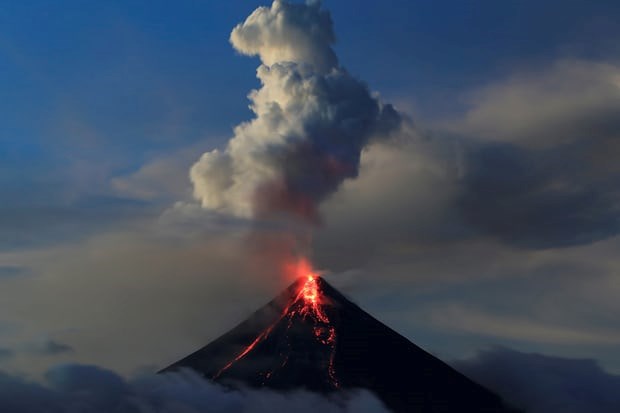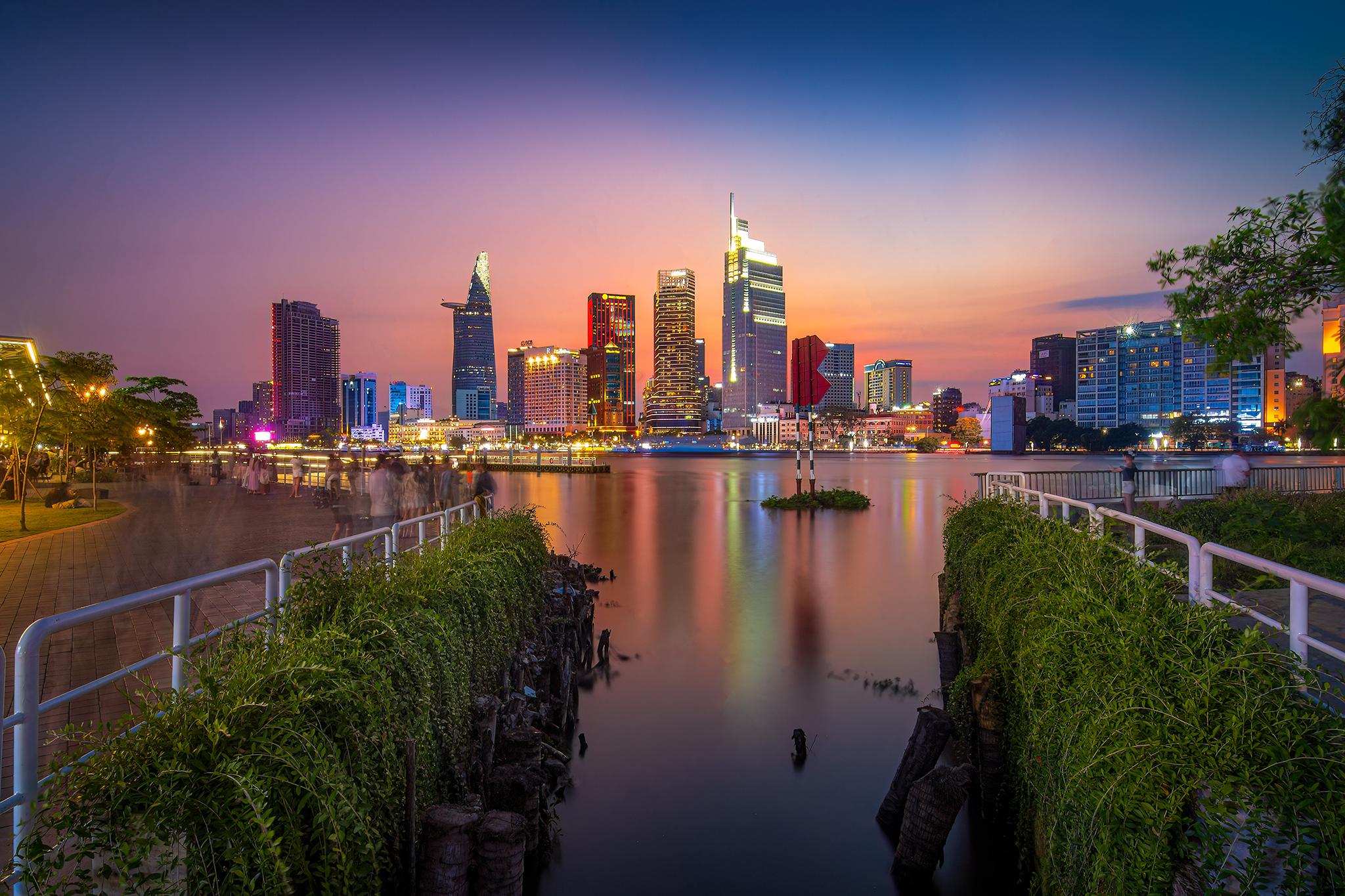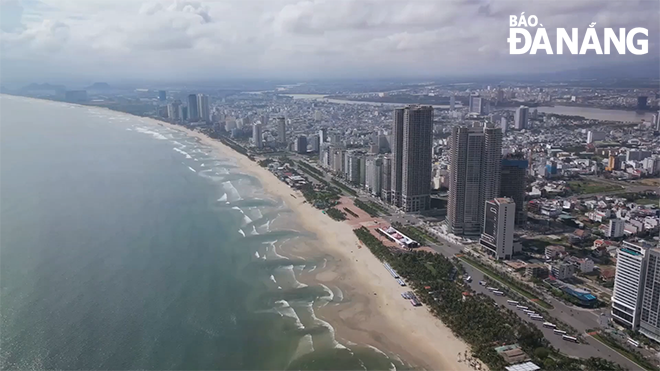Philippine Mayon volcano eruption: shelters in poor sanitation conditions
The Philippine authorities have faced sanitation problems at temporary shelters around the erupting Mayon volcano in the central province of Albay.
 |
| Lava flows from the crater of Mount Mayon volcano (Photo: Reuters) |
President Rodrigo Duterte flew to Legazpi city, Albay Province to assess the disaster zone.
Authorities have thrown a nine kilometer no-go zone around the mountain with the vast majority of those living in its shadow now safely outside that radius.
Al Francis Bichara, Albay Governor, said authorities expect the evacuees will need to stay at the camps for at least a month.
The official cited the lack of toilets at the shelters, where an average of 200 people now took turns using one, saying the evacuees need a total of up to 1,800 toilets.
The eruption was not over despite a relatively quiet weekend, estimating some 50 million cubic meters of more debris have the potential to be ejected from the crater in the coming days and weeks.
If cooling lava blocks, the crater gas pressure would build up and cause the magma inside to explode, producing eruption columns far taller than the five-kilometer clouds seen in previous days.
The 2,460-meter Mayon, a perfect cone rising 330 kilometers southeast of Manila, is one of the country’s most active volcanoes.
Mayon's sporadic eruption, which began on 13 January, has affected 54 villages in Albay, displacing nearly 91,000 people as of 29 January.
It also killed more than 1,200 people and buried 3 towns in 1814.
(Source: VNA)




